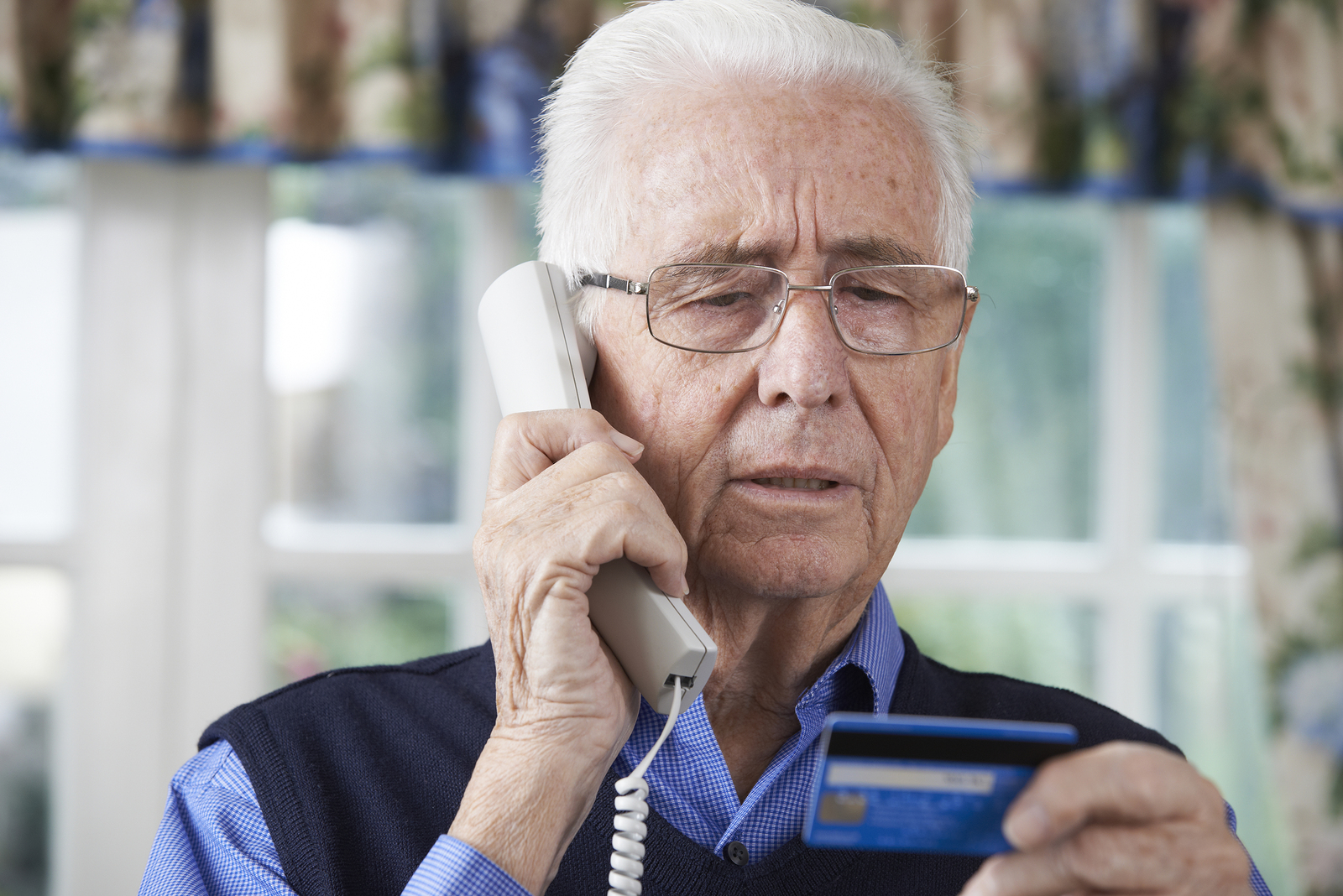Did you know that scam artist who take advantage of unsuspecting seniors, triggering their enthusiasm with work-at-home or get rich fast strategies, manipulate individuals to the tune of $400 billion every year?
Our team here at Quality Family Care has a few tips to help you avoid these scams.
These alluring cons entice thousands of innocent adults every week. Work-at-home hoaxes vary from the guarantee of earning thousands monthly through internet services to filling envelopes. Other typical scams include rebate processing where the target is encouraged to pay hundreds of dollars in costs for training sessions and accreditation’s and assembly services that calls for advance payment for the appropriate machinery. Secret shopping, phony contests, multi-level marketing scams, and medical billing “opportunities” complete the typical at-home cons.
What do almost all of these scams share? They either demand upfront costs or personal credit card details. Don’t sacrifice your money or your personal data!
If you are hired for an opening or see an enticing ad for an at-home project, determine exactly what the job involves, who pays for the job, when the initial paycheck will be obtained, and what the total cost of the process is including tools, training or materials.
Look at the company. Investigate the company online and check with the Attorney General by going to naag.org and the Better Business Bureau bbb.org in the state where the company is located.
Protect against your loved ones from succumbing to a scam. While you can’t avoid every circumstance, the Federal Trade Commission (FTC) suggests a few things you can do to decrease exposure to scam artists.
- Put your loved ones’ addresses on the opt-out listings with the direct marketing association to
ensure that they won’t be given unsolicited mail. Click here to opt-out. - Put your loved ones’ phone number as “unlisted.” Include their phone numbers to the “do not call” listings too. Click here to opt-out.
- Examine their credit reports to discover if any new accounts were opened in their names.
- If you need assistance describing the scams or helping your loved ones to acknowledge they are victims, contact the AARP Fraud Fighter Call Center at 800-646- 2283 toll-free.
Report a Fraud
If you or a family member has been a target of a con, get in touch with the business and demand a refund. Then, submit a grievance with the Federal Trade Commission (FTC) at ftc.gov/complaint or 1-877- FTC-HELP (1-877-382-4357). Also, contact the National Fraud Information Center at: http://www.fraud.org/, the Better Business Bureau (BBB) at https://www.bbb.org and the US Postal Inspection Service at https://postalinspectors.uspis.gov/
Exposing the scam to these several associations will help prevent another individual from being taken advantage of.
If you have concerns about proper companionship, nursing, or in home health care for you or your elderly loved one or family member, get in touch with us at 561-242-9450, toll-free: 877-513-7156, or visit www.qualityfamilycare.com.











